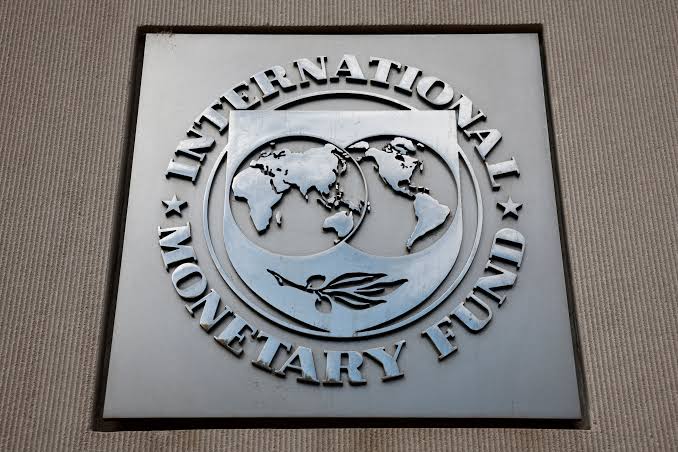Agriculture remains the backbone of the Togolese economy, employing a significant portion of the population. However, the sector faces challenges such as low productivity, limited access to markets, and inadequate infrastructure. To ensure sustainable economic growth and improve livelihoods, a strong focus on agricultural and rural development is crucial.
Modernizing Agricultural Practices:
Investing in technology: Promoting the use of improved seeds, fertilizers, and irrigation technologies can significantly increase yields and productivity.
Supporting research and innovation: Investing in agricultural research institutions to develop climate-resilient crops and improve farming techniques is essential.
Promoting sustainable farming practices: Encouraging the adoption of sustainable farming methods, such as organic farming and agroforestry, can help protect the environment and enhance soil fertility.
Improving Market Access and Value Chains:
Strengthening rural infrastructure: Investing in rural roads, transportation, and storage facilities can improve market access for farmers and reduce post-harvest losses.
Developing agricultural value chains: Supporting the development of agro-processing industries can create jobs, increase the value of agricultural products, and reduce reliance on raw material exports.
Promoting access to finance: Expanding access to credit and financial services for farmers can enable them to invest in their businesses and improve their livelihoods.
Empowering Rural Communities:
Investing in education and skills development: Providing quality education and vocational training in agriculture and related fields can equip young people with the skills needed to succeed in the sector.
Improving access to healthcare and social services: Ensuring access to quality healthcare, education, and other social services in rural areas is crucial for improving the quality of life for rural populations.
Promoting gender equality: Empowering women in agriculture through access to resources, training, and leadership opportunities is essential for sustainable rural development.
The Role of Government and Stakeholders:
The government plays a crucial role in creating an enabling environment for agricultural and rural development. This includes:
Developing and implementing effective policies: Implementing policies that support agricultural development, such as input subsidies, market access programs, and rural infrastructure development.
Investing in research and extension services: Providing adequate funding for agricultural research and extension services to support farmers and disseminate best practices.
Fostering public-private partnerships: Collaborating with the private sector, civil society organizations, and international development partners to leverage resources and expertise.
By prioritizing agricultural and rural development, Togo can unlock its agricultural potential, improve food security, reduce poverty, and create a more prosperous future for its people.





